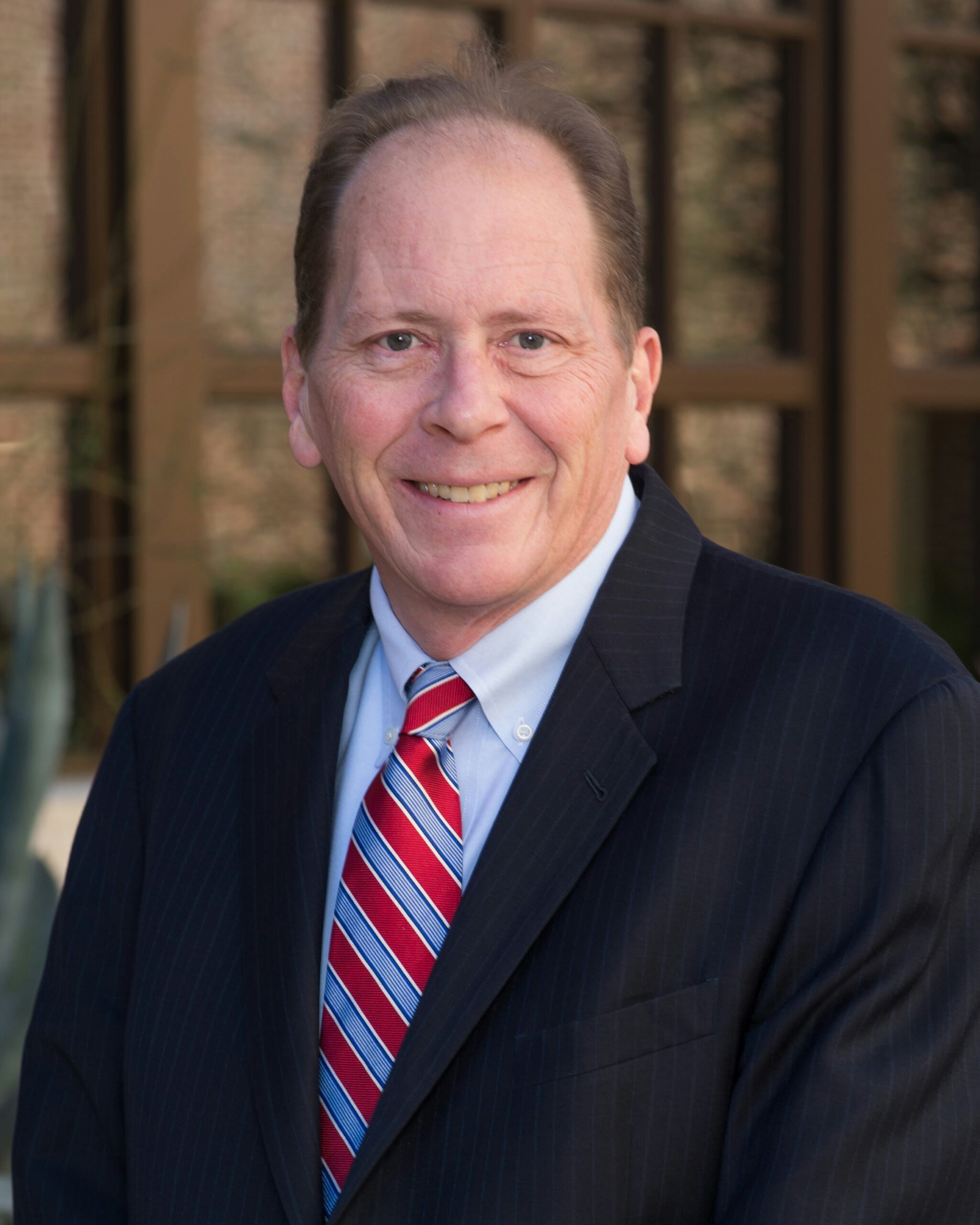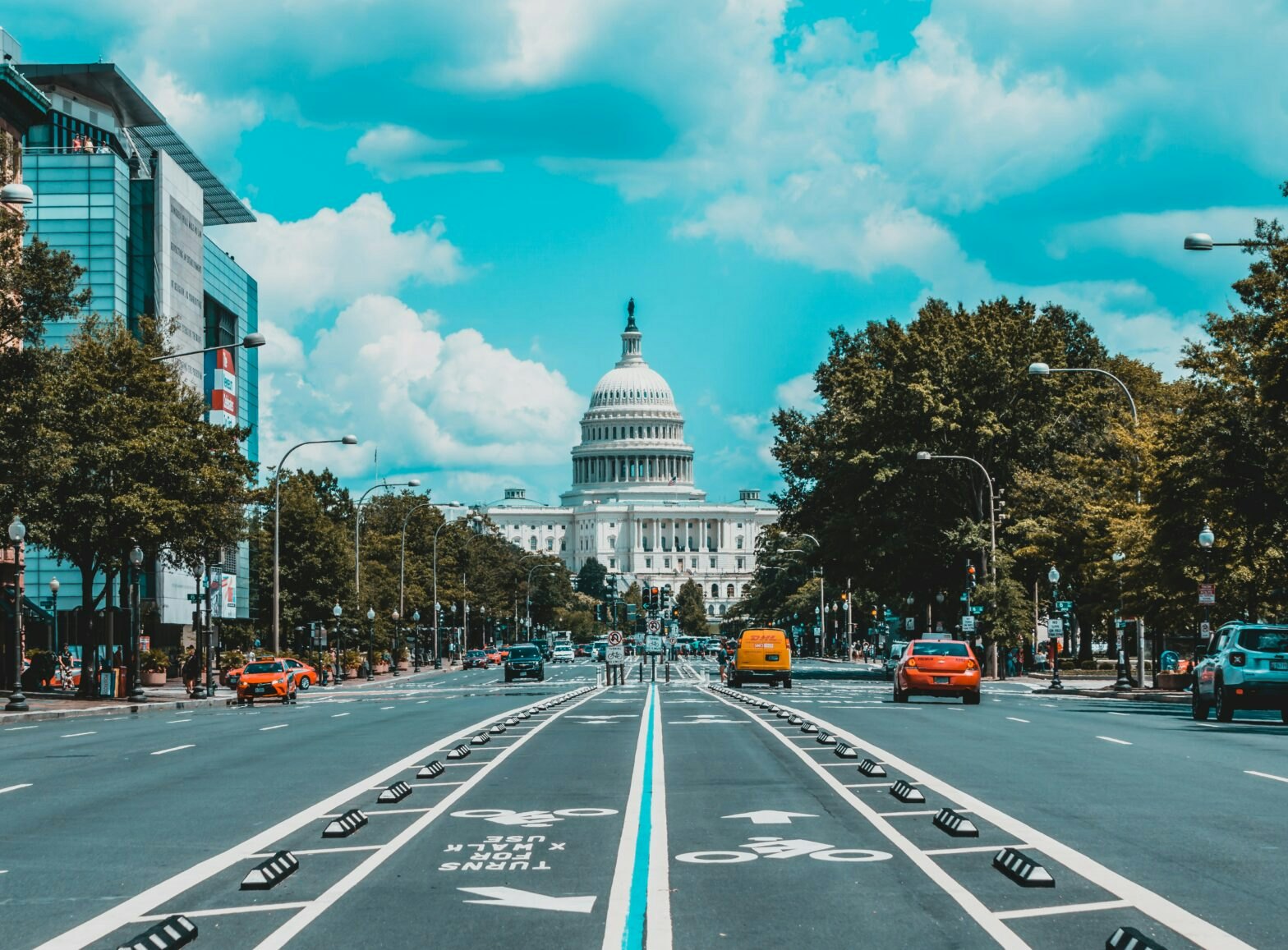America's Leadership on Democracy and Human Rights Matters
What’s Next: Our recommendations
- American leaders should increase their advocacy for democracy and human rights
- Congress and the Administration should support funding for programs that support democracy and human rights
- The Administration and Congress should fill and support key government positions
More recommendations:
Domestic Excellence: · Immigration · Trade · Central America · Veterans · Education
Global Leadership: · North Korea · Democracy · Global Health · Burma · Women’s Leadership · Youth Empowerment
Since the earliest days of our republic, Americans have understood that concepts such as representative government, an array of personal freedoms, and checks and balances were not meant for Americans alone. They are universal ideals. And throughout American history, our foreign policy has sought to blend the nation’s ideals with a more practical realist side. While the proportion changes with the times, both elements come to bear.
Yet events such as Brexit and recent elections in Brazil, Mexico, and across Europe show a widespread trend for polarizing candidates and parties and a turn inward. In the United States, leaders have questioned longstanding international structures and heaped criticism on democratic friends and allies, while ignoring the shortcomings of praising authoritarian regimes. America’s own democracy is a work in progress. As our concept of who is included as a citizen has expanded, we have become a better, more democratic country. Even with our flaws, America represents an ideal for much of the world.
And indeed, the Administration’s 2017 National Security Strategy of the United States recognizes that leadership on these issues is part of its vision for American foreign policy:
No nation can unilaterally alleviate all human suffering, but just because we cannot help everyone does not mean that we should stop trying to help anyone. For much of the world, America’s liberties are inspirational, and the United States will always stand with those who seek freedom. We will remain a beacon of liberty and opportunity throughout the world.
Public opinion research conducted by Freedom House, the George W. Bush Institute, and the Penn Biden Center for Diplomacy and Global Engagement shows that the American people also favor their government supporting democracy and human rights abroad. In a national survey conducted in the spring of 2018, seven in 10 respondents favored the United States taking steps to support democracy and human rights in other countries. Nearly 80 percent favored either increasing or maintaining current levels of spending on these efforts.
- 91 percent agreed that America has a moral obligation to speak up and do what we can when people are victims of genocide, violence, and severe human rights abuses.
- 84 percent agreed that when other countries are democratic, it contributes to our well-being.
- 76 percent agreed that helping other countries become democratic can help make the United States more prosperous.
The question is, how best to accomplish these objectives in a complicated world with competing and conflicting priorities?
AMERICAN LEADERS SHOULD INCREASE THEIR ADVOCACY FOR DEMOCRACY AND HUMAN RIGHTS
America’s voice can have a unique and galvanizing authority in the world. As the primary architect of much of the structure of international institutions, the United States created forums and standards that argued that human rights are universal.
Presidents of both parties have understood that American advocacy for democracy and human rights can have a powerful impact. President Jimmy Carter’s insistence that human rights considerations be part of U.S. foreign policy rankled many, but it put our government on the side of the oppressed. President Ronald Reagan’s support for the National Endowment for Democracy provided an institutional mechanism for supporting democrats and human rights activists around the world. Both men, despite their deep political differences, understood the power of America’s voice on these issues.
Congress has long had a critical role in speaking out and often prodding reluctant presidents to do the same. Congressional leadership on South Africa was essential in pushing the United States to align itself with the cause of majority rule. Congress has insisted that North Korean human rights matter to the United States and must be part of the ultimate solution in North Korea.
American leaders in the executive and legislative branches should increase their advocacy for human rights and democracy. Their words carry great weight when they speak out on behalf of prisoners of conscience or religious freedom and for fair elections. And they should speak out.
CONGRESS AND THE ADMINISTRATION SHOULD SUPPORT FUNDING FOR PROGRAMS THAT SUPPORT DEMOCRACY AND HUMAN RIGHTS
The American government has many tools at its disposal to support the work of democracy and human rights abroad. These programs are not duplicative; they work together in concert.
At times, direct funding from the Department of State or the United States Agency for International Development (USAID) is the most appropriate vehicle for American assistance. Funding from State and USAID can be implemented by American diplomats and personnel residing in country, offering unique insights and perspectives to needs on the ground.
International visitors and educational programs are long-term, effective investments in cultivating allies and friends around the world. Many senior government and business leaders benefited from an opportunity to engage with Americans in this way.
International broadcasting and public diplomacy efforts continue to play a vital role in breaking through censorship and providing unbiased information. Just as Radio Liberty and Radio Free Europe were crucial during the Cold War in countering Soviet propaganda and inspiring future leaders like Vaclav Havel and Lech Walesa, radio and television broadcasting today bring hope and knowledge to millions living under oppression. In a time of global social media manipulation, it is imperative that Congress supports a robust effort to ensure America’s values and interests are represented in the market of ideas.
The National Endowment for Democracy (NED) is a valuable and effective instrument for promoting democracy and human rights. NED’s independence and arms-length distance from the U.S. government is a key advantage, enabling it to engage with individuals and organizations who might be reluctant or unable to work directly with the government.
The unique network of NED’s four core institutes — the Center for International Private Enterprise, the International Republican Institute, the National Democratic Institute for International Affairs, and the Solidarity Center — brings together extensive know-how and vast networks of democrats and activists. NED’s direct grants programs have developed and sustained myriad organizations working for peaceful change.
The Millennium Challenge Corporation (MCC) has become an effective tool in developing stability by helping transitioning states provide good governance and material progress for their people. Through its unique structure of compacts with recipient counties, MCC assistance has fostered buy-in from its partners and led to measurable progress on a host of economic, social, and political goals.
And programs more traditionally thought of as foreign aid also play a critical role in enabling democracy and human rights. Initiatives such as agricultural and development assistance, disaster relief, and health care initiatives like the President’s Emergency Plan for AIDS Relief (PEPFAR) alleviate human suffering and foster the stability needed for democratic governance.
Congress and the Administration should recognize each of these tools brings unique value.
THE ADMINISTRATION AND CONGRESS SHOULD FILL AND SUPPORT KEY GOVERNMENT POSITIONS
Government policies are only as effective as the personnel charged with implementing them. Key positions at the State Department — most notably the assistant secretary for democracy, human rights, and labor (DRL) — have sat vacant since the beginning of the Administration. Lower-level but vital posts, including the special envoy for North Korean human rights, and a large number of ambassadorial positions remain unfilled.
Foreign Service and civil service professionals do an admirable job in continuing the work of the State Department when offices are vacant. But American prestige and influence are harmed when key positions are unstaffed for months or even years at a time. Crucial positions like the DRL Assistant Secretary deserve a seat at the senior leadership table.The Administration should redouble its efforts to nominate qualified personnel to senior State Department positions and the Senate should move to confirm them after proper review.
The American people support their country’s leadership on human rights and democracy issues. While not a blank check, they understand we have a moral obligation to lead and recognize that a more democratic world yields benefits at home.
Indeed, at our best, America stands as an inspiration to dissidents and nonviolent activists for freedom across the globe. American moral leadership, even though it has not always been consistent, has been exemplified by leaders like President Franklin Roosevelt, President Ronald Reagan, and Rev. Martin Luther King Jr. Soviet refuseniks, the leaders of Poland’s Solidarity and South Africa’s anti-apartheid movement, and many others drew inspiration and material support from the United States.
As President George W. Bush stated 15 years ago at the 20th anniversary of the National Endowment for Democracy, “…the freedom we prize — is not for us alone. It is the right and capacity of all mankind.






























